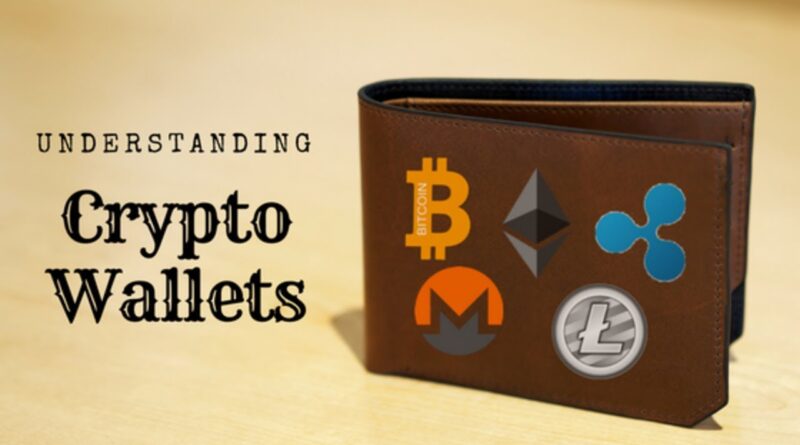What's a crypto wallet (and how does it manage digital currency)?
Cryptocurrency wallets store secret keys used to digitally sign transactions for blockchain distributed ledgers, but their future goes far beyond being just a keeper of cryptocurrencies. They could one day represent your professional and financial status, or even your personal identity.
A cryptocurrency wallet is a piece of software that keeps track of the secret keys used to digitally sign cryptocurrency transactions for distributed ledgers. Because those keys are the only way to prove ownership of digital assets – and to execute transactions that transfer them or change them in some way – they are a critical piece of the cryptocurrency ecosystem.
Better known as “crypto wallets,” they are like the keys to the blockchain car. Without those keys, the car won’t run. And without them, there would be no way to prove ownership of a digital asset – anything from a bitcoin to a token representing some kind of asset.
What a crypto wallet does
Not only does a crypto wallet (or more generically, a digital wallet) keep track of encryption keys used to digitally sign transactions, it also stores the address on a blockchain where a particular asset resides. If the owner loses that address, they essentially lose control over their digital money or other asset, according to David Huseby, security maven for the Linux Foundation’s Hyperledger Project.
There are two main types of crypto wallets: hardware and software (also known as cold and hot storage wallets, respectively). Hot storage wallets are accessible via an internet service such as Coinbase, one of the largest cryptocurrency exchanges that supplies online wallets for users, and can be further segregated into online wallets and client-side wallets managed locally on a user’s computer or mobile device.
There are also paper wallet generators, which create keys that can be printed out or rendered as QR codes.
Cold storage wallets are downloaded and reside offline on a piece of hardware such as a USB drive or a smartphone. Exodus.io and Dash QT are two examples of cold storage wallet software. Cold storage wallets can also be purchased as devices with the software already installed on them; these kinds of devices are sold by vendors such as Trezor and Ledger.
Hardware wallets can be further divided into crypto-assist type wallets that simply handle the keys and signing of arbitrary data and are sometimes called hardware security modules (HSMs). “And then there are hardware wallets that handle generating and signing complete transactions that are then sent to the distributed ledger network,” Huseby said.
When you communicate with the blockchain, the hardware communicates through the codes on the device. It’s not a very friendly user interface, though, according to Gartner Vice President of Research Avivah Litan.
Hot and cold wallets – which is more secure?
A cold storage wallet is innately more secure than a hot wallet because it’s not connected to the internet. Most cryptocurrency attacks have occurred when a hacker hits an online wallet service and transfers the secret keys to their own wallet – essentially transferring the associated funds, as well, according to Litan.
In 2014, for example, the Japanese online crypto exchange Mt. Gox suffered the theft from its hot wallet of 850,000 bitcoins valued at more than $450 million. And in 2018, bitcoin exchange service Coincheck suffered a theft of almost $1 billion worth of cryptocurrency from its hot wallet service. Many smaller thefts have taken place over the past five years, mostly through the hacks of online wallets.
“One of the commonest attack vectors used to steal funds from blockchain cryptocurrency accounts is [a] takeover of customer accounts. This is the primary reason we recommend not storing any cryptocurrency balances in online wallets,” Litan wrote in a research note earlier this year.
How to bolster crypto wallet security
Gartner recommends converting cryptocurrency into fiat money – cold hard cash, as in real dollars, Euros, Yen or some other currency – for safe-keeping, or storing crypto keys in a cold wallet. The latter then means making a paper copy of the keys and storing that paper in a secure place such as a bank safety deposit box.
by Crypto Pirates
linux foundation



